Frogs are small, hopping animals that live in water and on land. They are famous for their loud croaking sounds, slippery skin, and amazing jumping ability. Frogs are found in many parts of the world and are especially active during the rainy season.
Scientific Classification
-
Kingdom: Animalia
-
Phylum: Chordata
-
Class: Amphibia
-
Order: Anura
Frogs are amphibians, which means they live both in water and on land at different stages of life.
Common Names
-
Frog
-
Tree Frog
-
Bullfrog
-
“Rain Caller” (nickname in some cultures)
In many parts of Africa, people say frogs are a sign that rain is coming soon.
Geographic Distribution
Frogs live all around the world, except in the coldest deserts and polar areas.
You can find frogs in:
-
Ponds and rivers
-
Forests and swamps
-
Farms and backyards
-
Even in cities during rainy month

Image showing a Frog sitting on a wet leaf in a forest (Source: StockCake)
Physical Characteristics
Frogs have short bodies, long legs, and big eyes.
-
Their skin is smooth and moist
-
Most frogs have webbed feet for swimming
-
They don’t have tails as adults
-
Their eyes can see in many directions at once
Frogs use their long, sticky tongue to catch insects in a flash.
Species of Frogs
1. Common Frog (Rana temporaria)
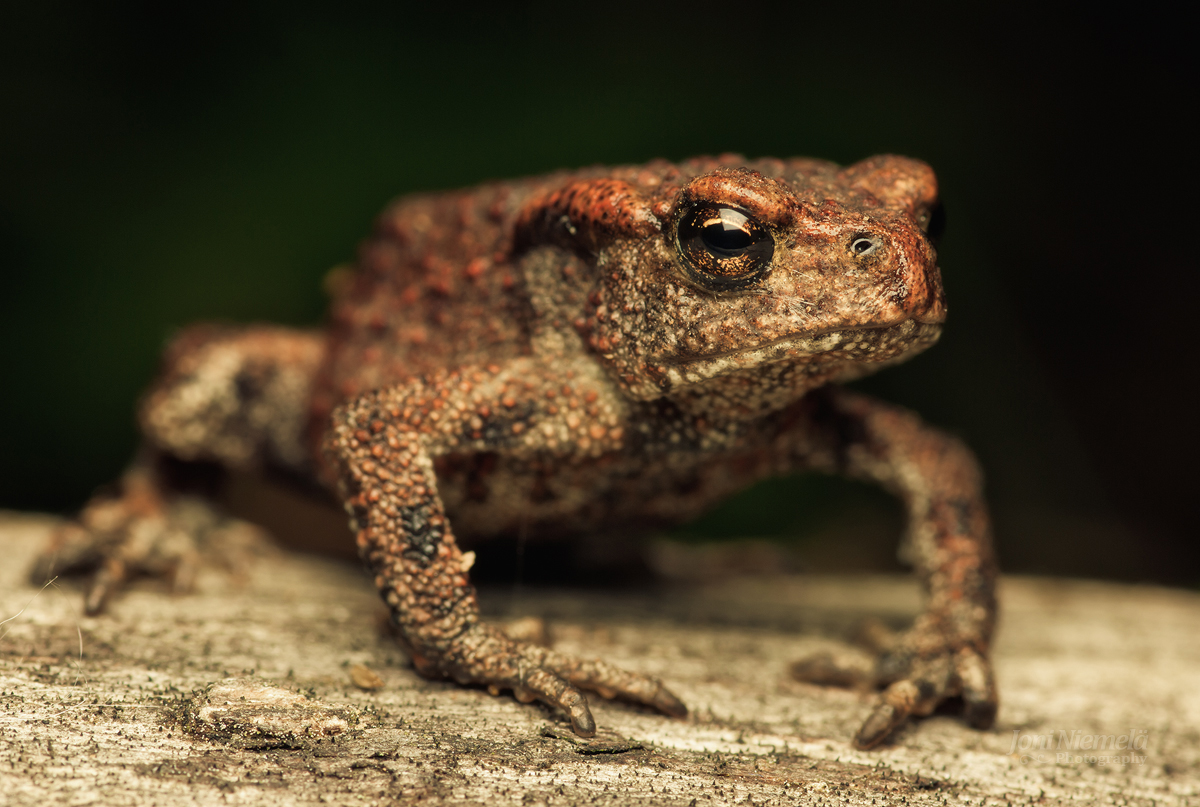 image showing a Brown frog resting on a rock (Source: Joni Nimela)
image showing a Brown frog resting on a rock (Source: Joni Nimela)
Key Facts:
-
Found across Europe and parts of Africa
-
Brown, grey, or green with dark spots
-
Lives near water and moist places
-
Eats small insects and worms
2. Tree Frog (Hyla spp.)
 Image showing a Bright green tree frog gripping a leaf (Source: iStock)
Image showing a Bright green tree frog gripping a leaf (Source: iStock)
Key Facts:
-
Small and colorful
-
Lives in trees and bushes
-
Has sticky feet for climbing
-
Active mostly at night
3. Bullfrog (Lithobates catesbeianus)
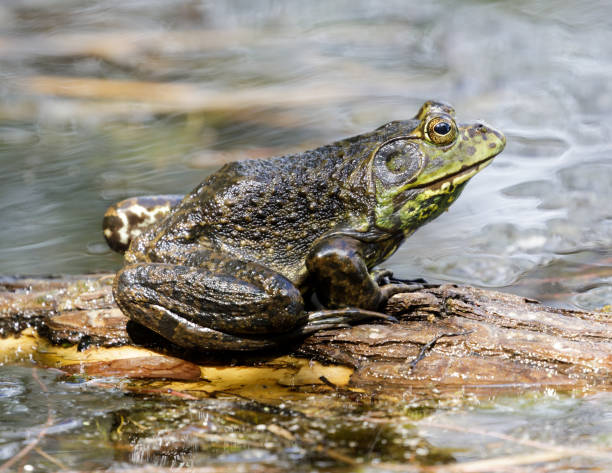 Image showing a Big bullfrog sitting near a pond (Source: iStock)
Image showing a Big bullfrog sitting near a pond (Source: iStock)
Key Facts:
-
Large and loud
-
Lives in still water like ponds
-
Can eat fish, snakes, and even other frogs
-
Jumps long distances
What do frogs eat?
Frogs are meat-eaters (carnivores). They mostly eat:
-
Flies and mosquitoes
-
Ants and beetles
-
Worms and spiders
-
Even small animals (in the case of bigger frogs)
They help farmers and people by eating insect pests.
Fun facts
-
Frogs can breathe through their skin and lungs.
-
A baby frog is called a tadpole and looks like a fish.
-
Frogs can jump 20 times their body length.
-
Some frogs change color to blend with their surroundings.
-
Frogs can live for 5 to 15 years, depending on the species.
Importance to Humans
Positives:
-
Eat mosquitoes and bugs that spread disease
-
Important in science and medicine research
-
Frogs are used in school science lessons
-
Some cultures use frogs in traditional medicine
Negatives:
-
Some frogs carry skin toxins harmful to humans
-
Frogs can be noisy at night
-
Not everyone likes to see them in their homes or farms
Health & common issues
Frogs in captivity or near human areas can face health problems:
Common Issues:
-
Dry skin if not kept moist
-
Infections from dirty water
-
Parasites like worms and mites
-
Injury from predators, chemicals, or rough handling
Care Tips:
-
Keep water clean
-
Avoid touching frogs too much
-
Provide shade and hiding spots
-
Feed them healthy insects
Conservation Status
Many frogs are in danger due to pollution and habitat loss.
-
Pesticides harm their sensitive skin
-
Dirty water causes disease
-
Climate change affects their breeding
-
Some species are Endangered or Critically Endangered
Saving frogs helps keep the environment healthy for everyone.
Frog vs Toad
| Feature | Frog | Toad |
|---|---|---|
| Skin | Smooth and moist | Dry and bumpy |
| Legs | Long for jumping | Short for walking |
| Habitat | Near water | Can live further from water |
| Movement | Leaps | Slow hops or walks |
Frogs are tiny but important creatures in nature. They eat insects, help farmers, and even tell us when the rain is near. With their big eyes and loud croaks, frogs remain one of the most interesting and helpful animals in our environment.
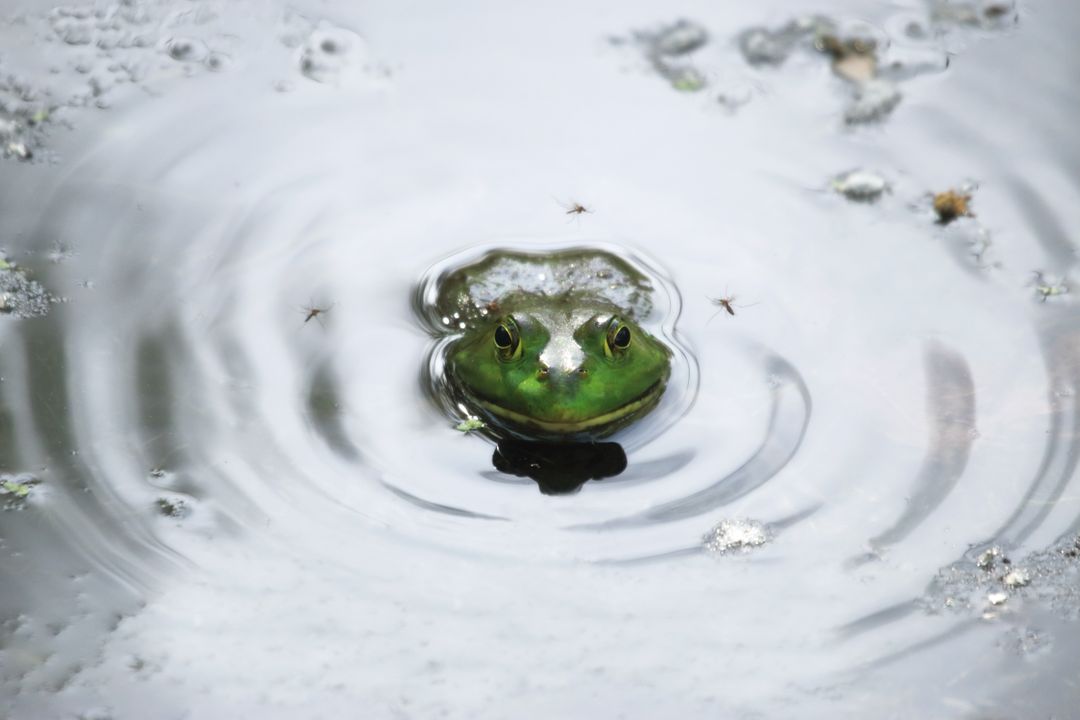 Image showing a Frog looking up from a shallow pond with ripples (Source: Pikwizard)
Image showing a Frog looking up from a shallow pond with ripples (Source: Pikwizard)
Do you want to learn more about frogs or need help caring for one? Visit Doctor Hulk Veterinary Hospital today or call 08143397614.




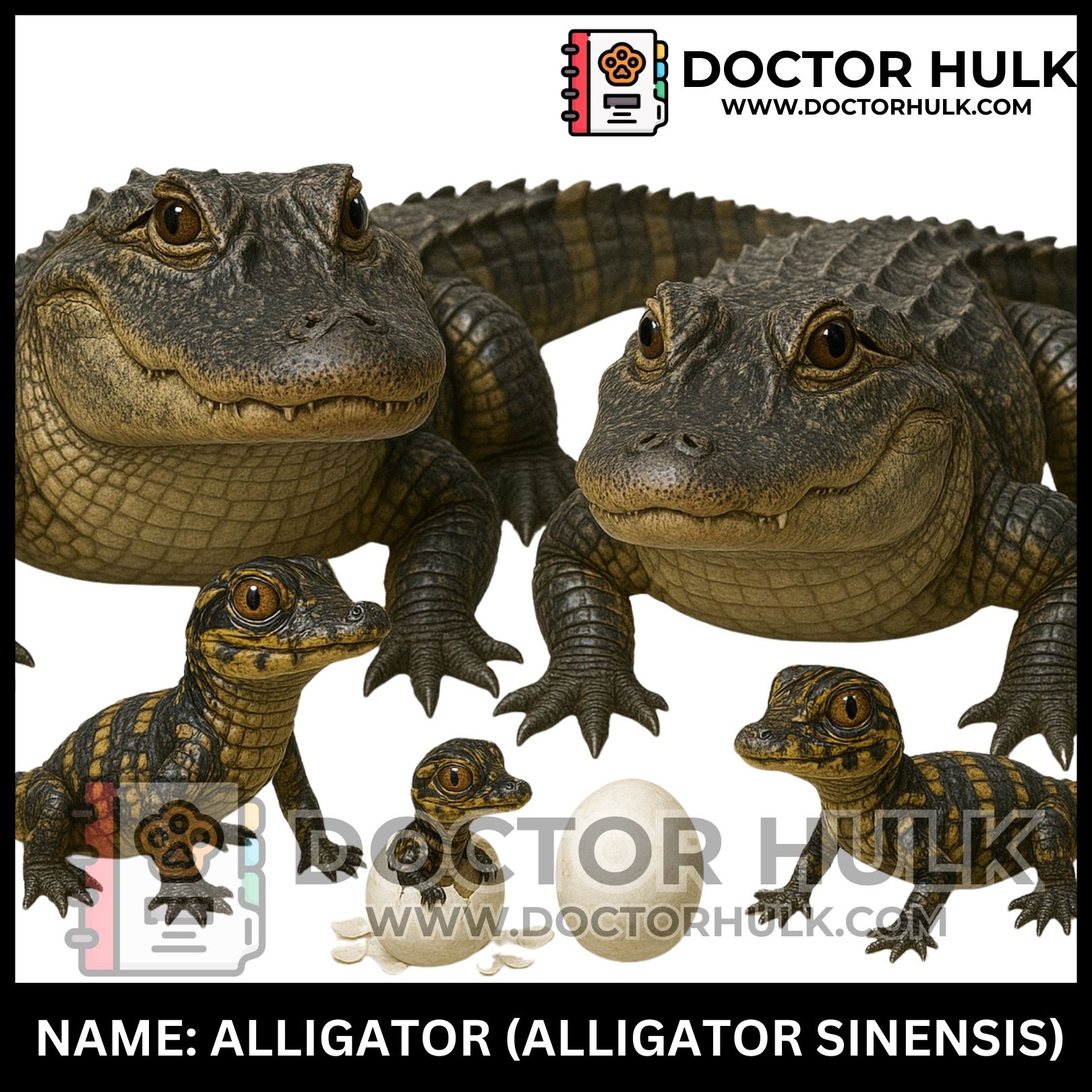
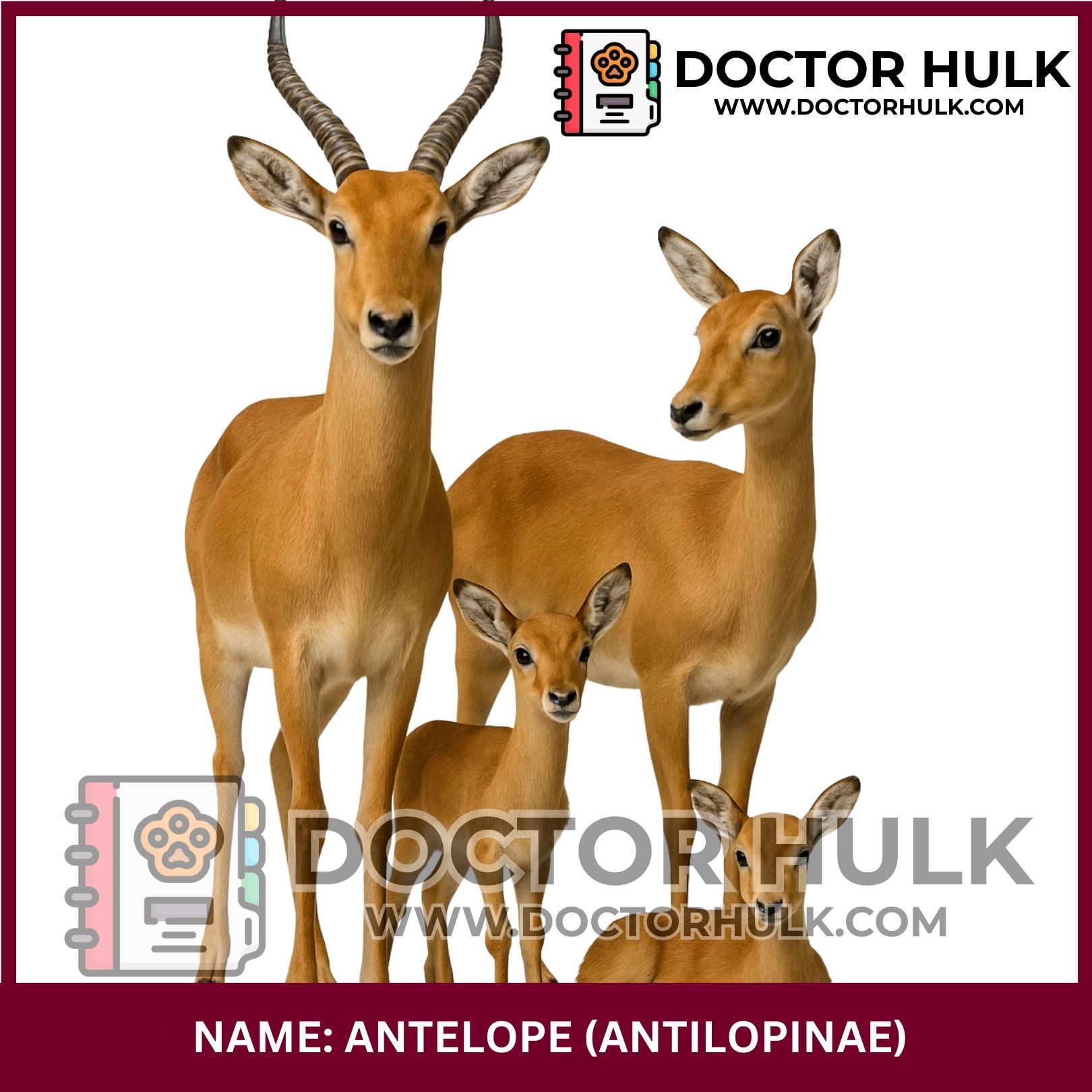
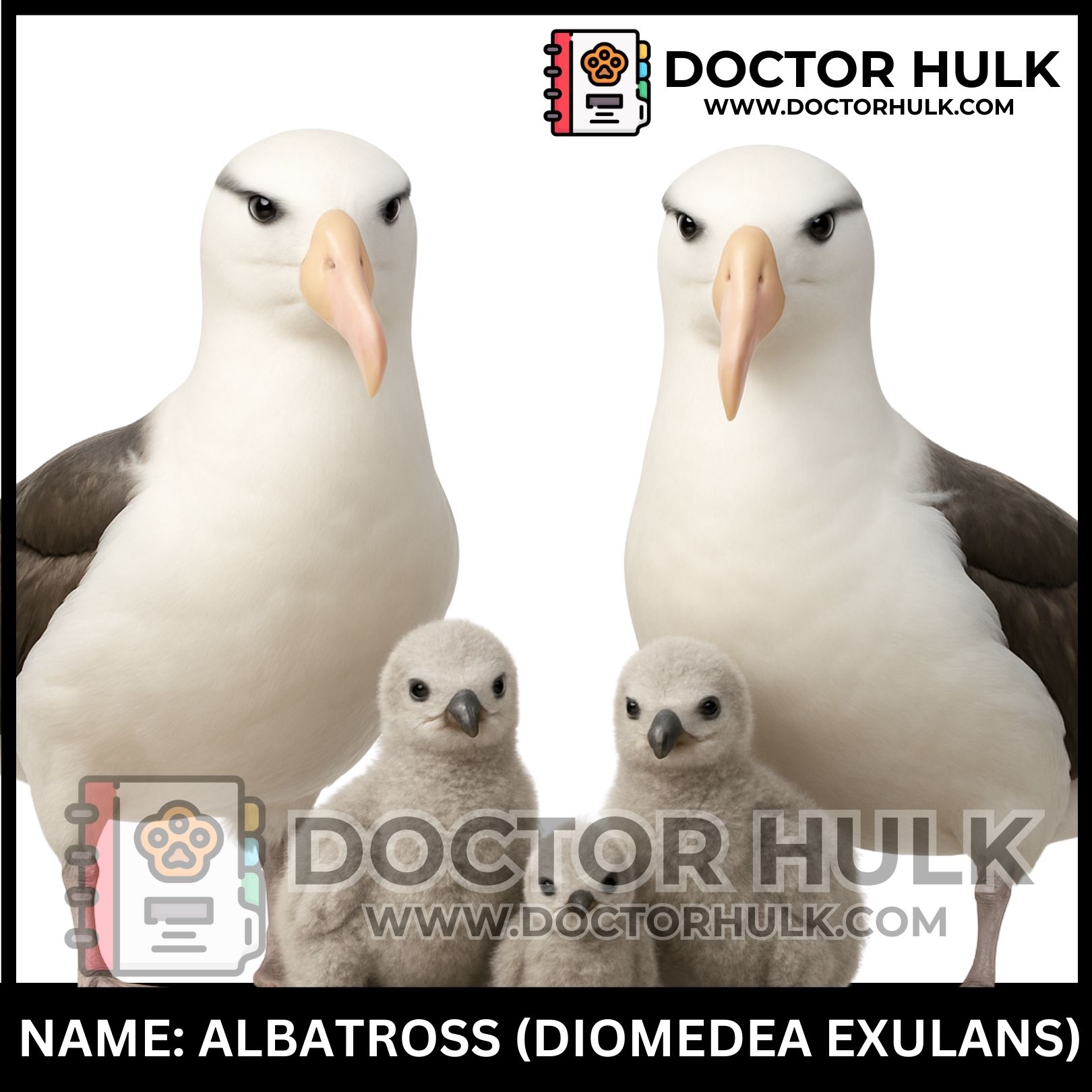
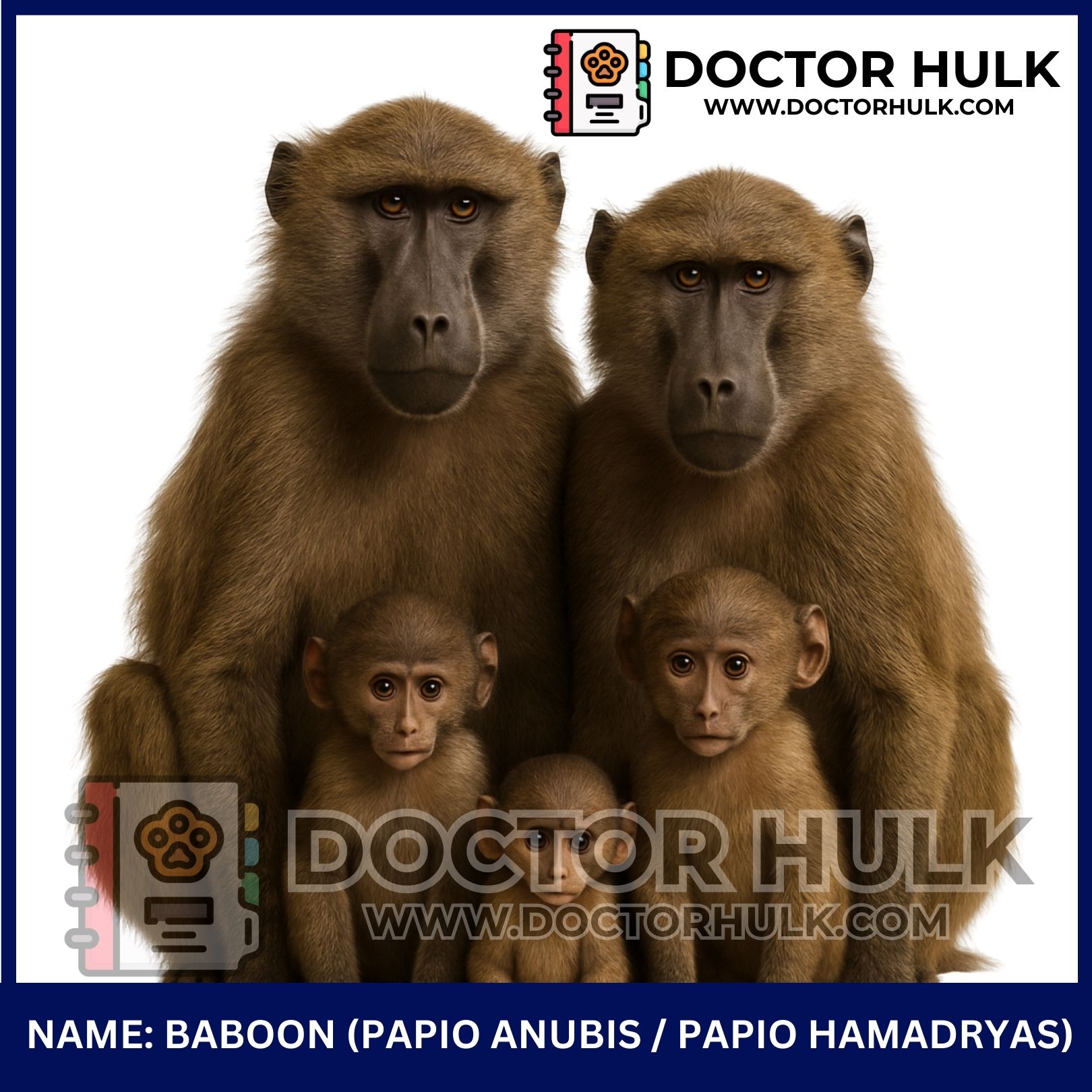
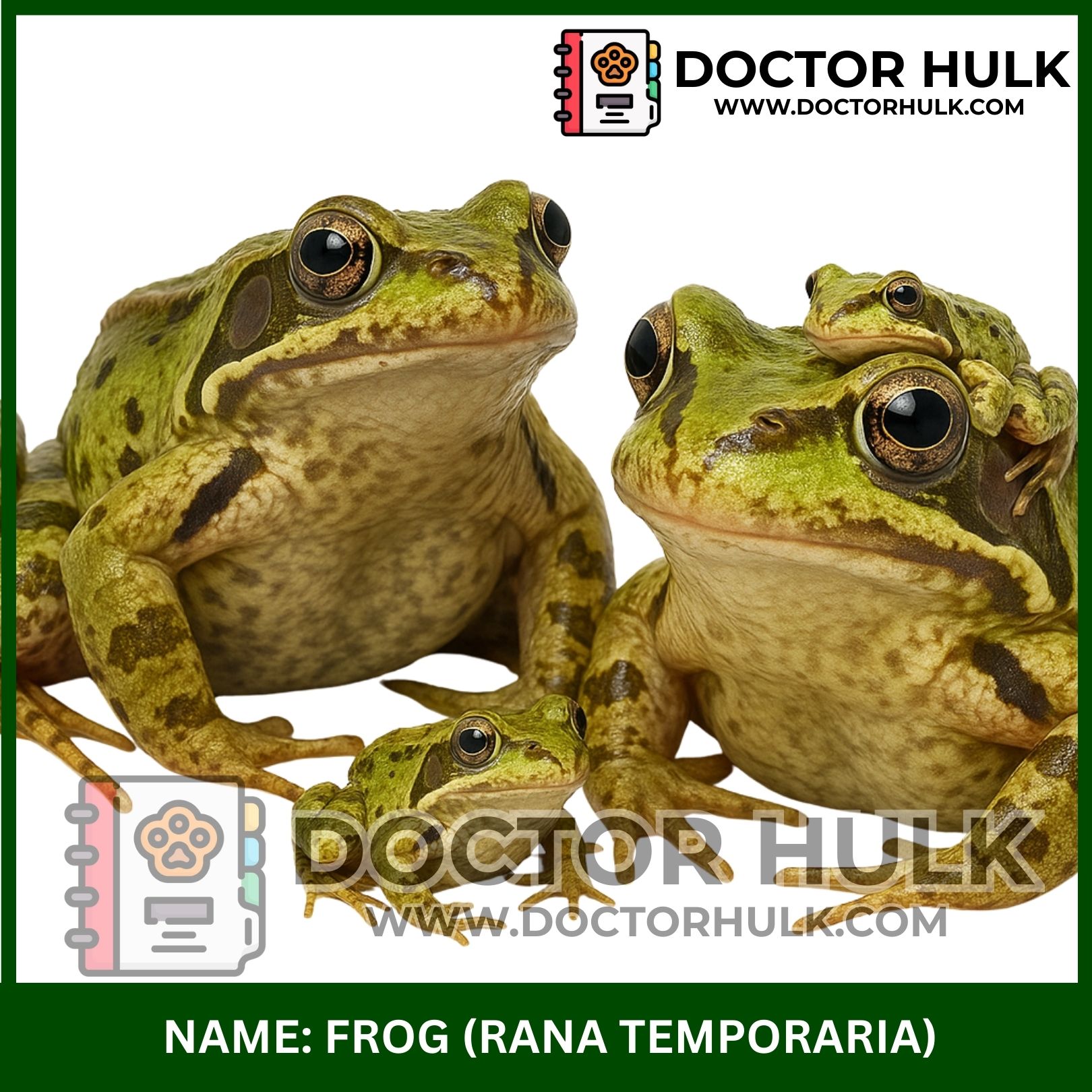
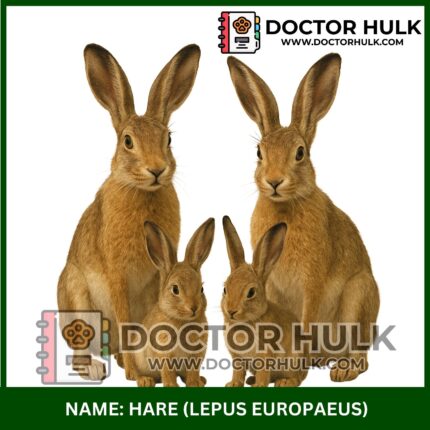



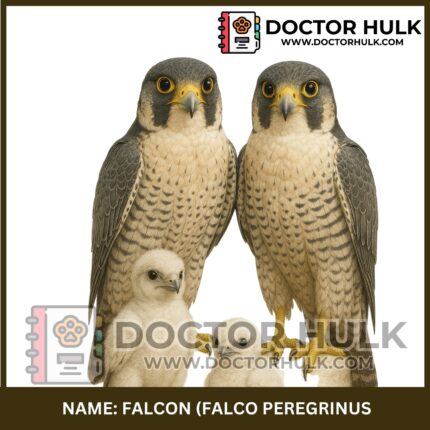
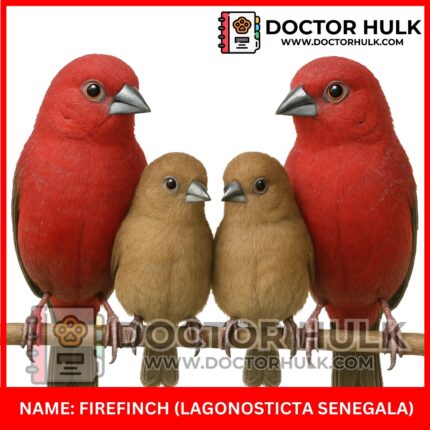
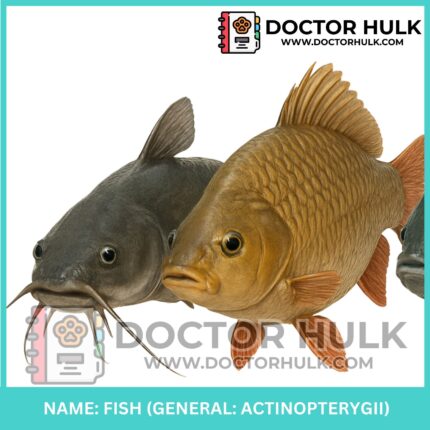
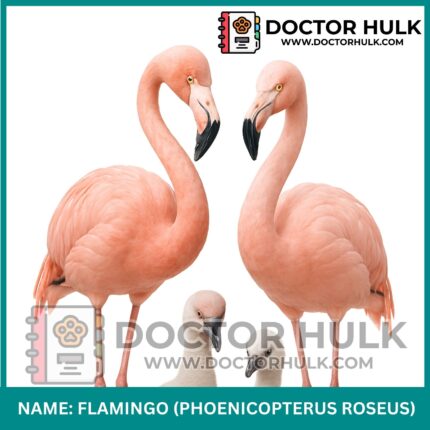
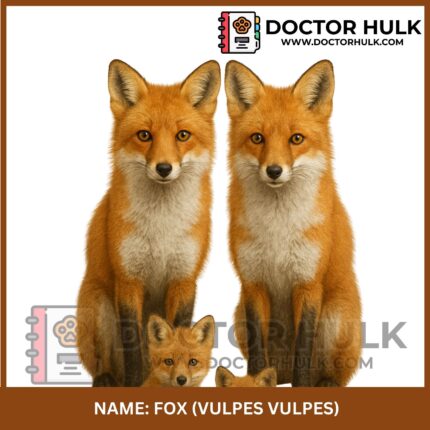

Reviews
There are no reviews yet.